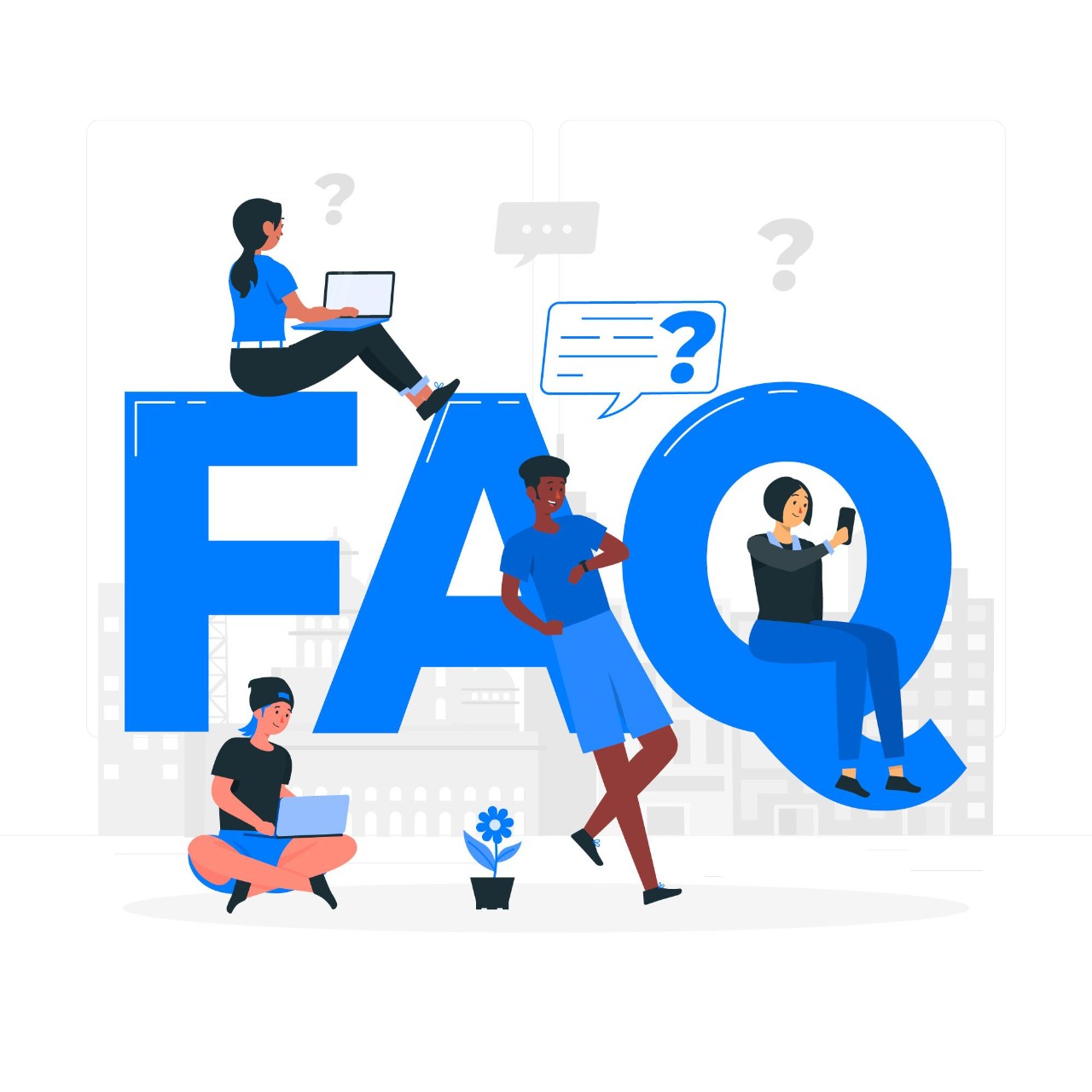A content management system, or CMS, is software that allows people to generate, manage, and edit website content without requiring specialist technical skills.
A content management system (CMS) is a technology that allows you to create a website without having to write all of the code from scratch (or even know how to code at all).
Rather than designing your own system for making web pages, storing photos, and other activities, the content management system takes care of it all for you, allowing you to concentrate on the more forward-facing aspects of your website.
You can discover content management systems for various purposes, such as document management, in addition to websites.
1. Analytical ReportsOne of the keys to successful online marketing is keeping track of your campaign. It allows you to track engagement across all of your platforms so you can see which ones are working and which aren't, and make adjustments as needed. As a result, it is critical to your content strategy.
The most popular analytics tools, particularly Google Analytics, often interface nicely with content management software systems, allowing you to measure your KPIs directly from your dashboard. Some systems come with built-in analytics and reporting features, so you don't have to rely on third-party software to acquire your data.
2. Excellent SupportWhen you run into problems when using your CMS system, you want the support team to be easily reachable 24/7. You can’t afford to have your website stuck with a 404 or an error message for a long time. Most open-source CMS systems don’t offer any support, so you should go with one that offers excellent technical support.
3. Multi-Channel DistributionPublishing your material on just one channel is a waste of time and money. Instead of focusing on one channel, you may spread your content over multiple platforms to increase reach and engagement. You'll be able to reach more people if you post on more platforms. Simply check to see if your target audience is on that platform.
You should build content campaigns that are suited to each channel when dealing with multi-channel distribution. You can't just make one piece of content and distribute it everywhere. That would be pointless. You can use blog posts to make social media postings by publishing them on your website. Then you can use newsletters and email blasts to market your material. Your brand will have more flexibility and room to expand with a multi-platform strategy.
4. Simplified Collaboration and Team Content BuildingIn the early stages of your website development, you’ll probably create most, if not all of the content. However, that is not sustainable in the long run. As your business scales up, you will need more content and you’ll have trouble catching up if you use the same strategy.
A CMS makes it easy for multiple users to collaborate on a single piece of content. It is your one-stop-shop for all your content creation and collaboration. For example, the writer can write the blog post while the graphics designer can insert images. Then, the editor or content manager can check it for brand consistency and publish it on the website.
There are plenty of benefits that you would be able to enjoy when it comes to using best local SEO services. Not only will you come upon the searches of people who are looking for immediate access to services, but you can also enjoy higher rankings on the search results. Some of the benefits that you need to know about include the following:
No one enjoys navigating and utilising software that is difficult to use. You've probably seen this before when purchasing a new item or installing new computer software. Indeed, there may be some applications that you would rather not use at all if you could. If something is difficult to use, it will be a waste of time to try to figure out how it works by trial and error. What we want is a software that is pretty easy to use and does not require much technical understanding. This is true of most CMS platforms, and it is one of their main selling advantages.
In the early stages of your website development, you’ll probably create most, if not all of the content. However, that is not sustainable in the long run. As your business scales up, you will need more content and you’ll have trouble catching up if you use the same strategy. A CMS makes it easy for multiple users to collaborate on a single piece of content. It is your one-stop-shop for all your content creation and collaboration. For example, the writer can write the blog post while the graphics designer can insert images. Then, the editor or content manager can check it for brand consistency and publish it on the website.
A data breach is a constant threat for both large and small enterprises, especially during the COVID-19 epidemic. Hackers hoping to profit from the world's digital transformation have turned their attention to businesses. If your company has a website, you should make internet security a top concern. You should choose a CMS that offers a high level of security. Although some CMS come with built-in security protections, they aren't always sufficient.
Choose a CMS system that is cloud-based so that you can access them from anywhere, anytime, as long as you can connect to the internet. This accessibility makes it practical for you and your team to work remotely anywhere in the world. You can have a writer in Australia, a graphic artist in China, and a content manager in the US. As long as you have the perfect CMS system in place, you can practically run your business and your website at home or in a coffee shop.
